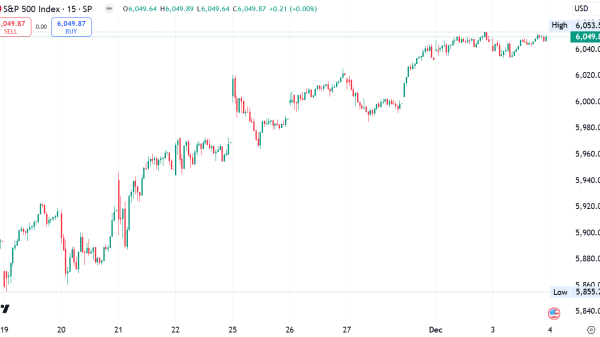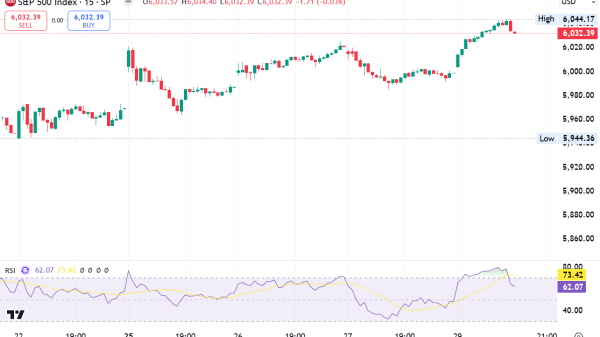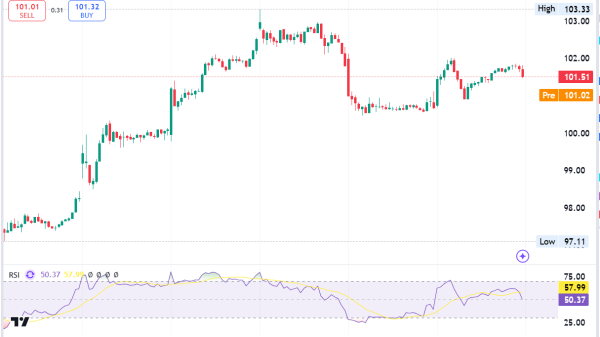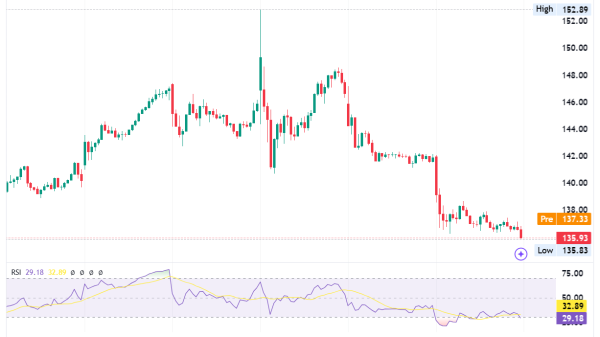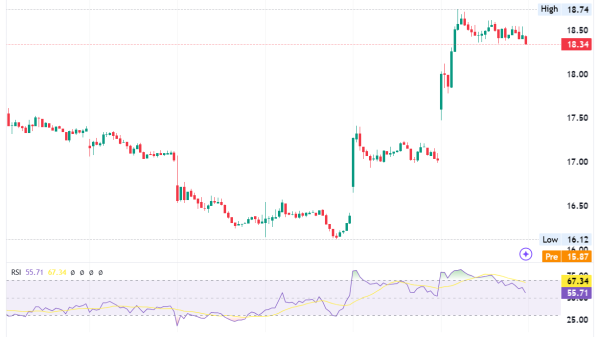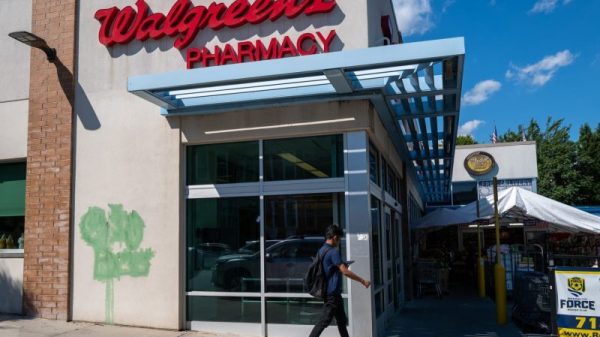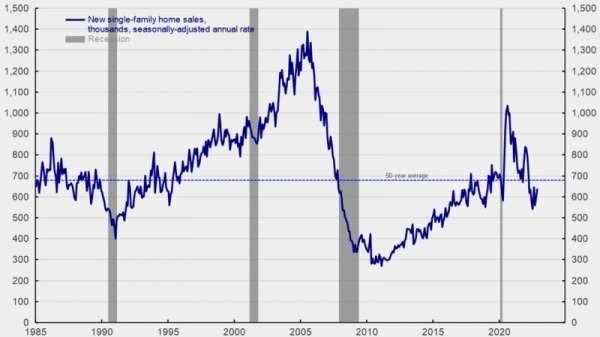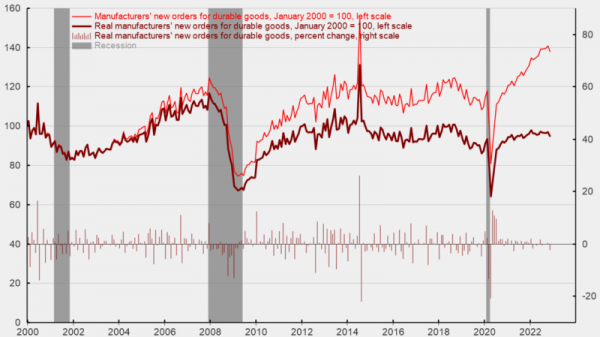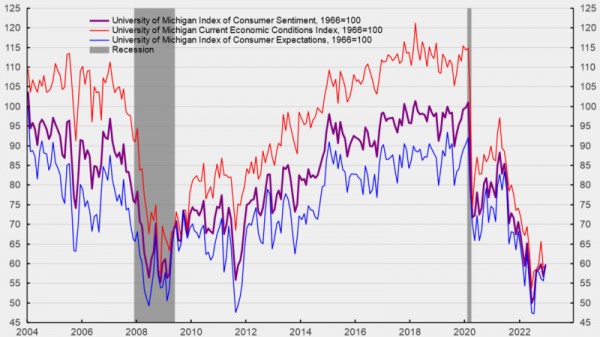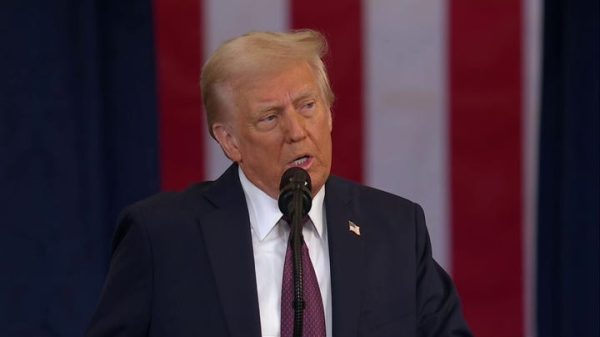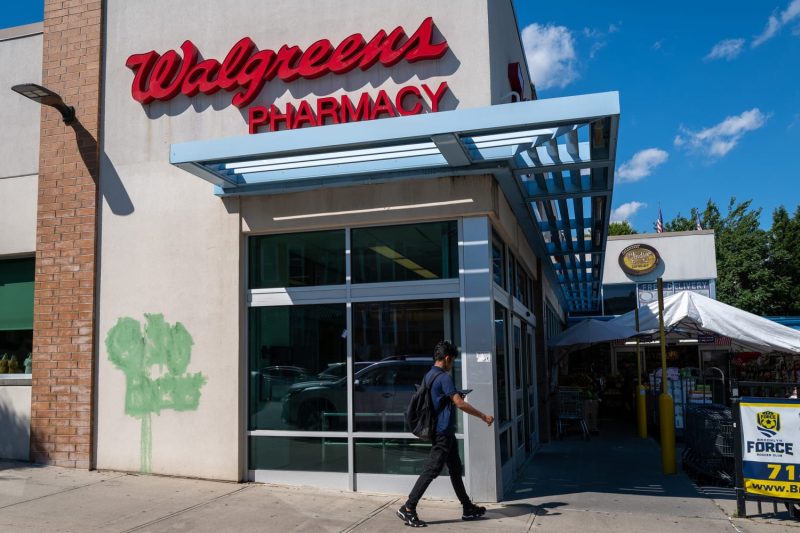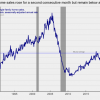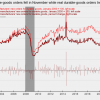The Department of Justice said Friday that it sued pharmacy giant Walgreens over allegedly dispensing millions of unlawful prescriptions.
The DOJ said that Walgreens from August 2012 until the present “knowingly” filled those prescriptions, which “lacked a legitimate medical purpose, were not valid, and/or were not issued in the usual course of professional practice.”
“This lawsuit seeks to hold Walgreens accountable for the many years that it failed to meet its obligations when dispensing dangerous opioids and other drugs,” said Principal Deputy Assistant Attorney General Brian Boynton, head of the DOJ’s Civil Division.
Boynton said that Walgreens pharmacists filled millions of prescriptions with “clear red flags that indicated the prescriptions were highly likely to be unlawful.”
The company “systematically pressured its pharmacists to fill prescriptions, including controlled substance prescriptions, without taking the time needed to confirm their validity,” Boynton said. “These practices allowed millions of opioid pills and other controlled substances to flow illegally out of Walgreens stores.”
Some Walgreens patients died of overdose deaths shortly after getting invalid prescriptions filled at Walgreens, the DOJ alleges.
The 300-page lawsuit was filed Thursday in U.S. District Court in Chicago.
Walgreens in a statement said, “We are asking the court to clarify the responsibilities of pharmacies and pharmacists and to protect against the government’s attempt to enforce arbitrary ‘rules’ that do not appear in any law or regulation and never went through any official rulemaking process.”
“We will not stand by and allow the government to put our pharmacists in a no-win situation, trying to comply with ‘rules’ that simply do not exist,” Walgreens said.
“Walgreens stands behind our pharmacists, dedicated healthcare professionals who live in the communities they serve, filling legitimate prescriptions for FDA-approved medications written by DEA-licensed prescribers in accordance with all applicable laws and regulations.”
The suit alleges that although Walgreens issued written policies that reflected its understanding of legal obligations, the company took other actions which it knew prevented its pharmacists from complying with them.
“Walgreens prioritized profits over safety and compliance by implementing policies and practices that required pharmacists to fill prescriptions quickly and left pharmacists without enough time or resources to exercise their corresponding responsibility,” the suit said.
“One such metric was ‘Verify By Promise Time’ (VBPT), which expected a pharmacist to fill a prescription within 15 minutes for a ‘waiter’ (a customer waiting in the pharmacy store for the prescription),” the suit alleges.
“Walgreens also tracked pharmacists that dispensed a low rate of controlled substances through its ‘Non-dispensing Pharmacist Report,’” the suit said.
“Walgreens created this metric in part because it believed pharmacists who refused to fill controlled-substance prescriptions compromised Walgreens’s customer service.”

